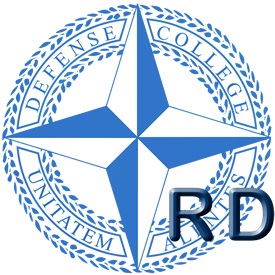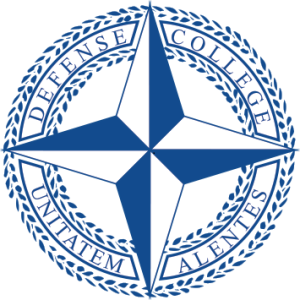
Historically, two littoral
regions on NATO’s eastern flank have been hotbeds of geopolitical conflict, the
Black Sea and the Baltic Sea. The same holds true for today, but between the
two, only the Black Sea has been the sight of two military conflicts in the
post-Cold War era. In 2008, Russia and Georgia waged a war that has effectively
cut off the Tbilisi government from the country’s Black Sea port in breakaway
Abkhazia, which is effectively administered by Russia today. Russia was also
involved in the Ukraine crisis of 2014 that resulted in the illegal annexation
of Crimea and the ongoing military confrontation in the Donbass region of
Ukraine. The land-based conflict recently spilled over into the maritime arena
when Russian and Ukrainian naval forces collided over access to the Kerch
Strait. The recent skirmish between a British destroyer, HRM Defender, and
Russian forces off the coast of Crimea is the latest example of mounting
tensions between NATO allies and Russia in the region. The Black Sea is also a
nexus for pipeline politics, which are the drivers of conflict (in the case of
Ukraine and Russia) and cooperation (in the case of Russia and Turkey). While
both Georgia and Ukraine have expressed interest in joining NATO, the region is
home to one longtime member of NATO (Turkey) that was joined by two more recent
members, Romania and Bulgaria. With such disparate strategic, military, and
economic interests, it is no wonder that the geopolitical balance remains
fragile and evolving. Of particular interest are the following questions:
- How will bilateral cooperation between Russia and key states impact the region?
- What are the prospects for resolving the two conflicts in Ukraine and Georgia?
- What do geopolitical developments in the Black Sea region mean for Europe, NATO, and Partners?
- What impact will China’s growing presence have on the geopolitics of the Black Sea region?
To address these issues, the NDC Research Division and IRSEM will explore a variety of topics impacting the region. The daylong seminar will be divided into three areas including “frozen conflict and posturing”, “maritime and military developments”, and finally “political and economic challenges”.

